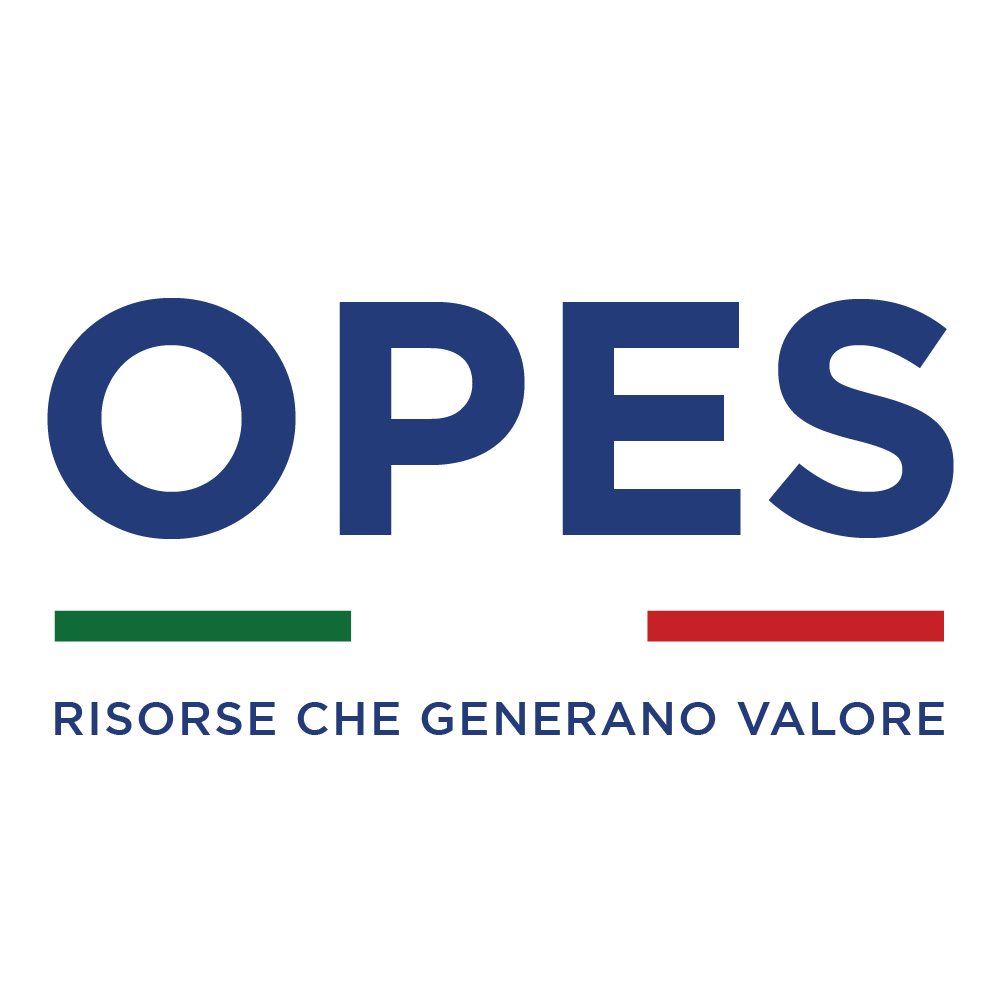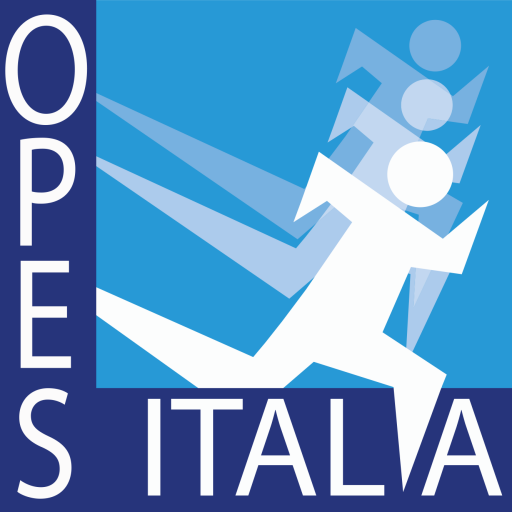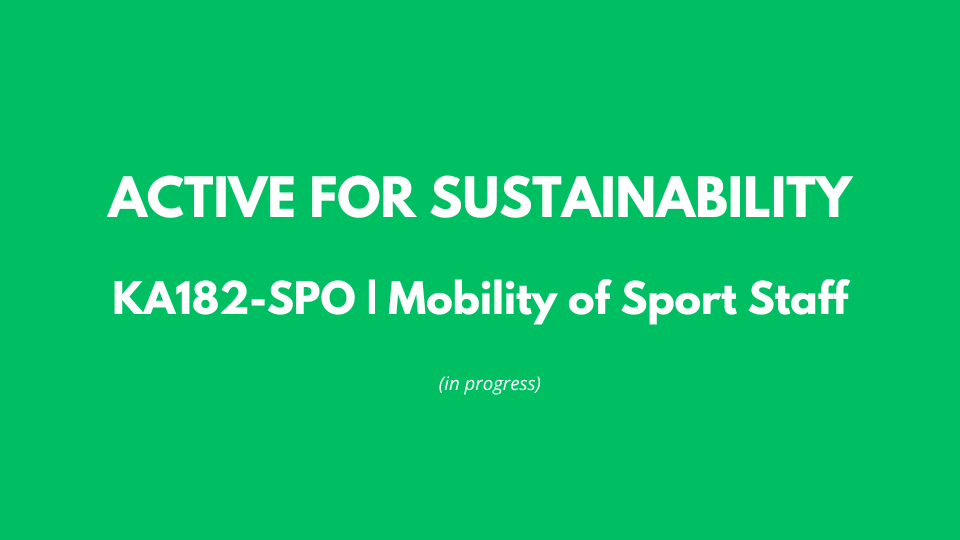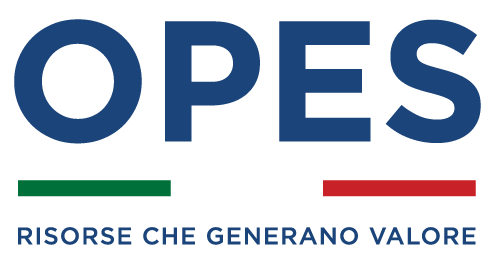BACKGROUND
The relationship between sport and the environment is often overlooked, especially at grassroots level. Most of the times, sports staff are often volunteers and clubs are understaffed. This condition leads to focusing on priorities which do not include environmental sustainability.
The project idea is based on two considerations. Firstly, grassroots sport has the greatest participation. Therefore, its impact may have unpredictable effects, if not accompanied by conscious attitudes, behavior and actions. Secondly, the relevance of practicing sports in nature. The pandemic has boosted outdoor physical activity, attracting people who would not normally practice sports. This event has created an opportunity for inactive people to get involved, as well as nature enhancement and new opportunities.
Therefore, our analysis led to two main needs:
- Enhancement of the relationship between sport and the environment by implementing preventative measures to reduce the impact of sports practice on the environment and vice versa;
- Learn how to value the natural surroundings as a way of creating new sporting opportunities and attracting inactive people;
Working on these needs will strengthen the action towards sport as a value for the environment.
GOALS OF THE PROJECT
This project has a twofold goal. On the one hand, it aims to create training opportunities based on direct observation of good environmental sustainability practices already implemented by clubs in trainings and sports and/or other events. On the other hand, it wants to increase the sports offer starting from the enhancement of nature surroundings as a way of attracting people outside the world of sports.
Mobility will support us in achieving the following specific objectives:
1) The training of 8 participants. They will observe directly measures and practices implemented abroad aimed at reducing the environmental impact in sports practice;
2) The creation of a visual guide to best practices. The contents are based on observations and application of observed practices in the participants’ original context, which is daily work or volunteering. A section will also include simple actions and tools to measure the impact of the implemented activities;
3) Promotion of awareness-raising by creating joint action in outdoor sport activities available in multiple participants’ original contexts;
4) Creation of an ambassadors’ network for environmental sustainability in sport. Ambassadors will be trained and act as the contact point to raise awareness about sport and the environment.
THREE MAIN PHASES
The project will be de developed through three main phases:
- Preparation phase
- Implementation phase
- Follow up phase and closing phase
Preparation phase – This phase will last four months. The coordination team will prepare all the necessary documentation for project management. It will be produced in a digital format only and will be available and accessible to all the partners. Meetings will take place online followed by written minutes at the end of each meeting. OPES will manage the logistics.
Implementation phase -The main activity will be job-shadowing and an observation period. It will consists of 10 mobility activities involving 8 people in total and three countries, Belgium, Spain and Portugal. In each of these places, the programme will include:
- observation of sports activities and integration of sustainability trainings by coaches;
- coaching in the management of the grassroots club to learn its mechanisms;
- direct observation of sustainable measures in facility management and training organisation;
- moments of exchange and reflection on impact measurement;
- analysis of the implemented communication and informative campaigns;
- Exchanges on guidelines on sustainability;
- Participation in local activities organised by the clubs;
- Visits to facilities with sustainable structural systems;
- Organizing and implementing outdoor activities combining sports and nature.
Follow Up & Closing phase – It will start on the participants’ way home through the following steps: an evaluation meeting and exchange of what has been observed; planning and introduction of the observed practices within the participants’ clubs; preparation of the guidebook of sustainability measures that will be presented in December; planning and organizing a shared action to be carried out in September during the European Week of Sports; and local dissemination actions among participants as ambassadors.
The final evaluation will be carried out in December.
LEARNING OUTCOMES
Participants will acquire skills and tools to propose sustainable actions within their home clubs. Moreover, they will be able to formulate concrete proposals and improve their communication and language skills. They will have first-hand experience of networking as well as organising and managing events. Last but not least, they will get to know the Erasmus+ Porgramme from the inside. Participants will also develop new attitudes such as living various cultural contexts and cooperation in an international team.
Funded by the European Union. However, the views expressed belong to the author(s) alone and do not necessarily reflect the views of the European Union or the National Agency for Youth (ANG). Neither the European Union nor the National Youth Agency (ANG) can be held responsible for them.




